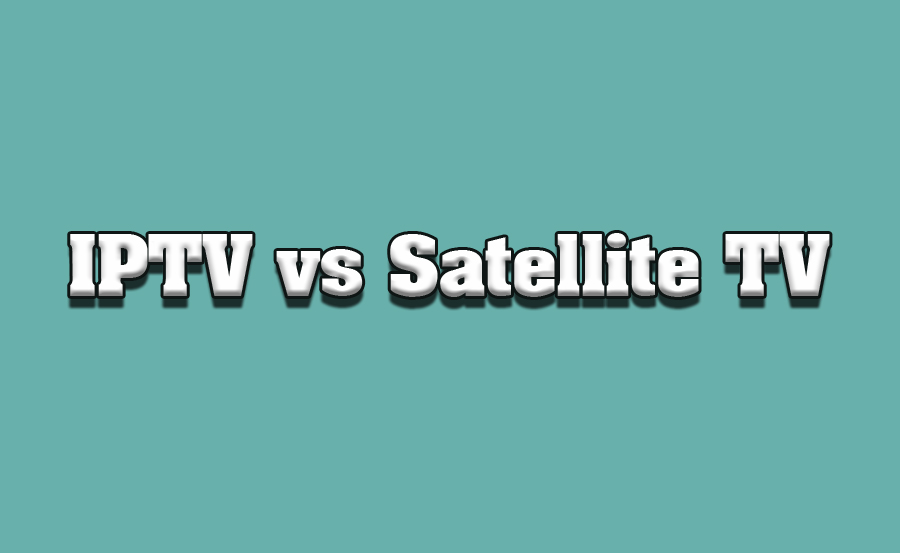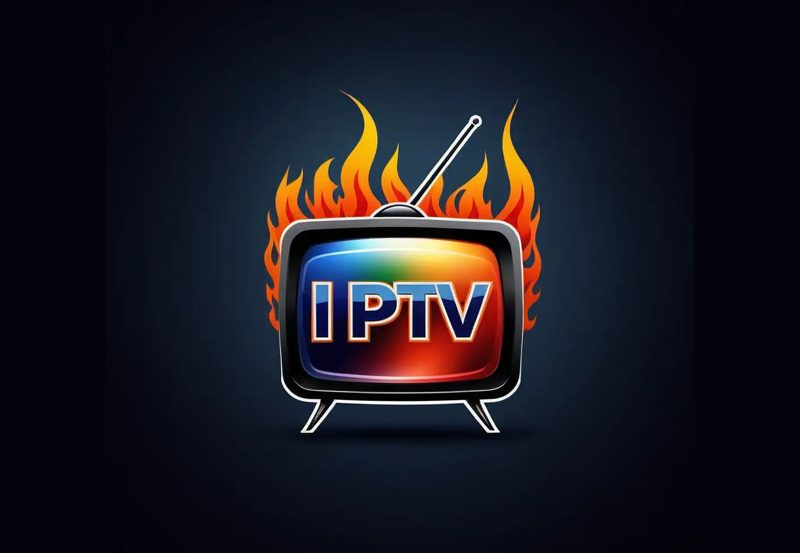In the ever-evolving landscape of television consumption, viewers are presented with a myriad of options to access their favorite content. Among these, Internet Protocol Television (IPTV) and Satellite TV stand out as two prominent contenders. While both platforms aim to deliver television programming, they operate on fundamentally different technologies and offer distinct advantages and challenges. This comparative analysis delves into the key aspects of IPTV and Satellite TV, providing insights to help consumers make informed decisions based on their viewing preferences and needs.
Buy 1 Year IPTV and Enjoy Unlimited Content
Understanding IPTV
Internet Protocol Television (IPTV) refers to the delivery of television content over internet networks. Unlike traditional broadcast methods, IPTV utilizes the internet protocol suite to transmit content, allowing for a more flexible and interactive viewing experience. IPTV services can be accessed through various devices, including smart TVs, smartphones, tablets, and computers, providing users with the convenience of watching their favorite shows anytime and anywhere with an internet connection.
Understanding Satellite TV
Satellite Television, on the other hand, involves transmitting television signals from satellites orbiting the Earth directly to a satellite dish installed at the viewer’s location. These signals are then decoded by a set-top box to display the content on a television screen. Satellite TV has been a reliable method for delivering a wide range of channels, especially in areas where cable infrastructure is limited or nonexistent.
Key Comparisons
1. Content Delivery
- IPTV: Delivers content via internet connections, allowing for on-demand streaming, live broadcasts, and interactive features. Users can access a vast library of content, pause live TV, and use functionalities like rewind and fast-forward.
- Satellite TV: Provides content through broadcast signals from satellites. While it offers live TV and a range of channels, the options for on-demand content and interactivity are limited compared to IPTV.
2. Cost
- IPTV: Generally offers more affordable subscription plans with various packages tailored to different budgets. Additionally, there are no installation fees for satellite dishes, making it a cost-effective option.
- Satellite TV: Typically involves higher upfront costs due to the need for satellite dishes and set-top boxes. Monthly subscription fees can also be more expensive, especially for premium channels and additional services.
Middleware: The Hidden Technology Powering IPTV Experiences
3. Installation and Setup
- IPTV: Requires a stable internet connection and compatible devices. Installation is straightforward, often involving downloading an application or setting up a streaming device.
- Satellite TV: Requires professional installation of satellite dishes and wiring. The setup process can be more complex and time-consuming compared to IPTV.
4. Channel Availability and Variety
- IPTV: Offers a vast array of channels, including international and niche content. Users can customize their channel lineup based on their preferences, and many IPTV services provide access to exclusive content.
- Satellite TV: Provides a broad selection of channels, particularly strong in live sports and international programming. However, customization options are often limited to predefined packages.
5. Picture and Sound Quality
- IPTV: Supports high-definition (HD) and even ultra-high-definition (4K) streaming, depending on the user’s internet speed and the service provider’s offerings. Adaptive streaming ensures consistent quality by adjusting to varying internet conditions.
- Satellite TV: Also offers HD channels, but the quality can be affected by weather conditions, leading to signal degradation or interruptions during adverse weather.
6. Flexibility and On-Demand Options
- IPTV: Excels in flexibility with extensive on-demand libraries, allowing users to watch content at their convenience. Features like DVR (Digital Video Recording) and cloud storage enhance the viewing experience.
- Satellite TV: Primarily focuses on live broadcasts with limited on-demand options. Some providers offer DVR services, but they are often an additional cost.
7. Reliability and Service Interruptions
- IPTV: Dependent on internet stability; outages or slow speeds can disrupt streaming quality. However, advancements in internet infrastructure are continuously improving reliability.
- Satellite TV: Generally reliable with fewer interruptions, as it is less dependent on local internet infrastructure. However, severe weather can cause temporary signal loss.
8. Geographic Restrictions
- IPTV: Requires a stable internet connection, making it accessible in urban and rural areas alike, provided there is internet coverage. Some content may be geo-restricted, but VPNs can help bypass these limitations.
- Satellite TV: Ideal for remote areas where internet access is limited. Satellite signals can cover vast geographic regions, ensuring wide accessibility.
9. Equipment and Hardware
- IPTV: Minimal hardware requirements; users need compatible streaming devices or smart TVs. No additional equipment like satellite dishes is necessary.
- Satellite TV: Requires specific hardware, including satellite dishes, receivers, and set-top boxes. Maintenance of these physical components is essential for uninterrupted service.
10. Future Trends
- IPTV: Continues to innovate with advancements in streaming technology, personalized content recommendations, and integration with smart home devices. The rise of 5G networks is expected to enhance IPTV performance further.
- Satellite TV: While maintaining its relevance, satellite TV is gradually integrating more digital features and on-demand content to compete with IPTV. However, its growth is somewhat limited compared to the rapid expansion of internet-based services.How to Set Up Smart STB for IPTV: A Step-by-Step Guide
Conclusion
Both IPTV and Satellite IPTV offer unique advantages catering to different user needs and preferences. IPTV stands out with its flexibility, on-demand capabilities, and cost-effectiveness, making it an attractive option for tech-savvy users seeking a personalized viewing experience. Conversely, Satellite TV remains a reliable choice for those in areas with limited internet access or who prefer a more traditional broadcasting approach with minimal reliance on internet stability.
Ultimately, the choice between IPTV and Satellite TV depends on individual circumstances, including budget, internet availability, desired features, and viewing habits. As technology continues to advance, the lines between these two platforms may blur, offering users an even more integrated and enhanced television experience.





